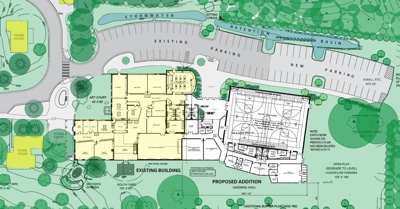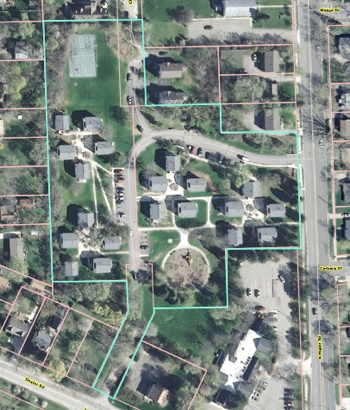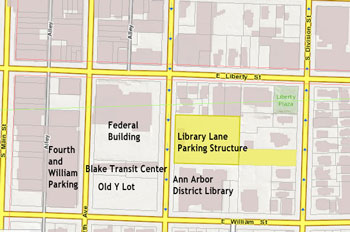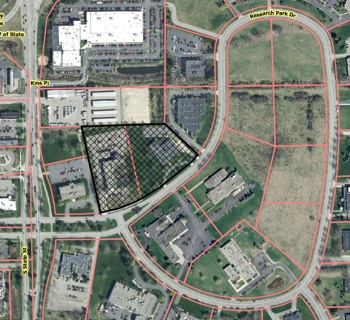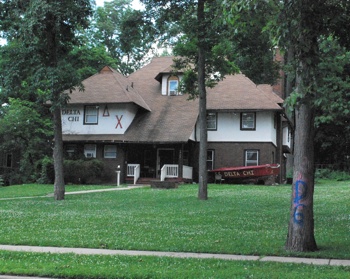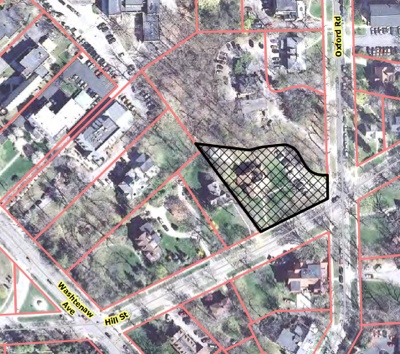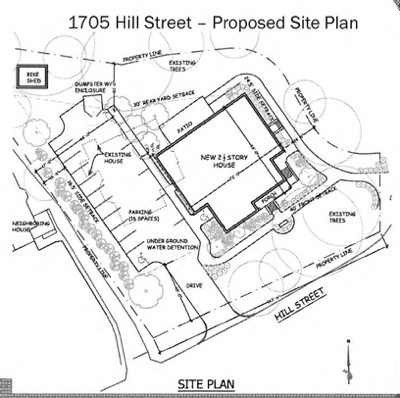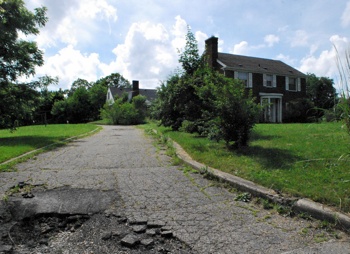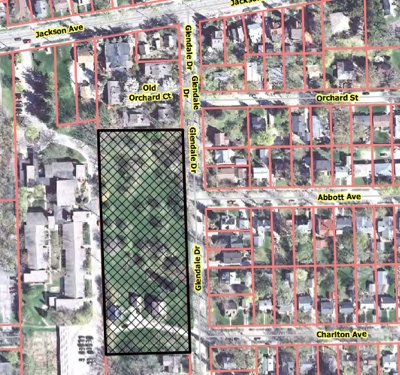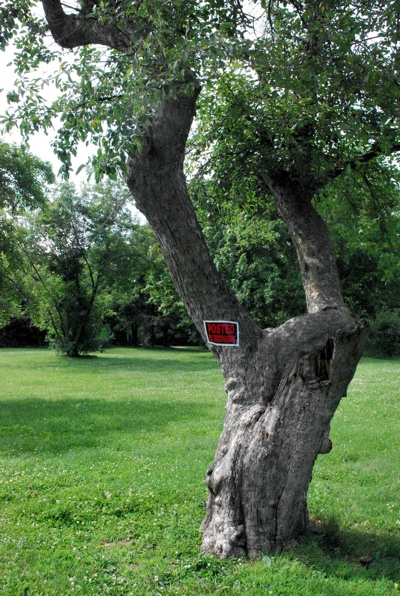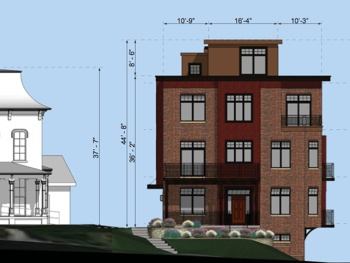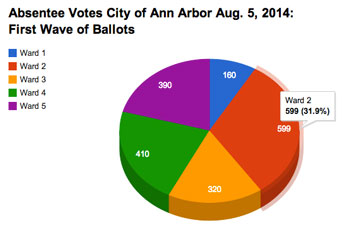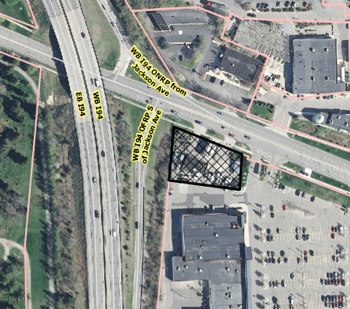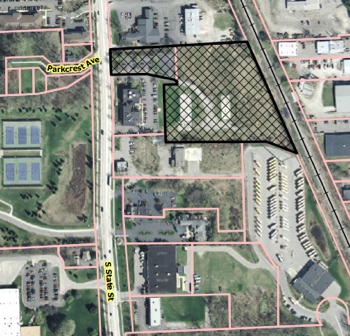Ann Arbor OKs Animal Control Deal
A $135,570 agreement on animal control services – between the city of Ann Arbor and Washtenaw County – has been approved by the Ann Arbor city council. Action came at the council’s July 7, 2014 meeting.
Background to the city’s agreement includes a long process of discussions and negotiations between Washtenaw County and the Humane Society of Huron Valley (HSHV) – a conversation that began in 2011 when the amount of funding provided to HSHV was under scrutiny. A task force was appointed, and ultimately the county board of commissioners, at its Nov. 7, 2012 meeting, authorized contracting with HSHV for $500,000 a year for animal control services. [.pdf of contract between Washtenaw County and HSHV]
Recommended as part of that task force report was for the county to pursue a cost-sharing arrangement with those municipalities in the county that collect licensing fees for animals. The city of Ann Arbor is one such municipality in the county. From the task force report:
Cost Sharing with Local Governments
Between 45 and 65 percent of the animals at the Humane Society come from jurisdictions with their own animal control ordinances or licensing programs. While the County would bear responsibility for stray dogs in those jurisdictions absent a controlling ordinance, it would also collect licensing fees from pet owners in those communities. The current system, however, drives costs to the County without providing direct revenues to offset them. The Task Force recommends that the County reach out to the communities whose ordinances either exceed the scope of the County animal control policy or that capture licensing fees, and develop a cost sharing agreement with those local governments to offset increases driven by local ordinance requirements. [.pdf of 2012 task force report]
The council’s July 7 resolution cites the cost of public animal control countywide as $951,793. The assignment of $135,570 of that cost to the city of Ann Arbor is based on the proportion of dogs that come from Ann Arbor that are housed at HSHV, factoring in the $500,000 provided to the HSHV by Washtenaw County.
The city council’s approved FY 2015 budget had already included $105,000 for such animal control services. Increased dog licensing revenue is projected to fund the remaining $32,570, according to the staff memo accompanying the resolution.
The city council’s FY 2015 budget deliberations on May 19 , 2014 resulted in two amendments that affected funding for animal control services. One was an amendment that re-allocated $75,000 for a commercial sign inventory to animal control, including deer herd management. The other was an amendment that adjusted the revenue budget upwards to reflect an assumed 30% participation rate for dog licensing in the city – which would be a total of about $63,000. That’s $48,000 more than the actual amount up to now, with the idea being that a publicity campaign could increase participation in the licensing program. The additional revenue is to be put toward animal control services.
This brief was filed from the city council’s chambers on the second floor of city hall, located at 301 E. Huron.




